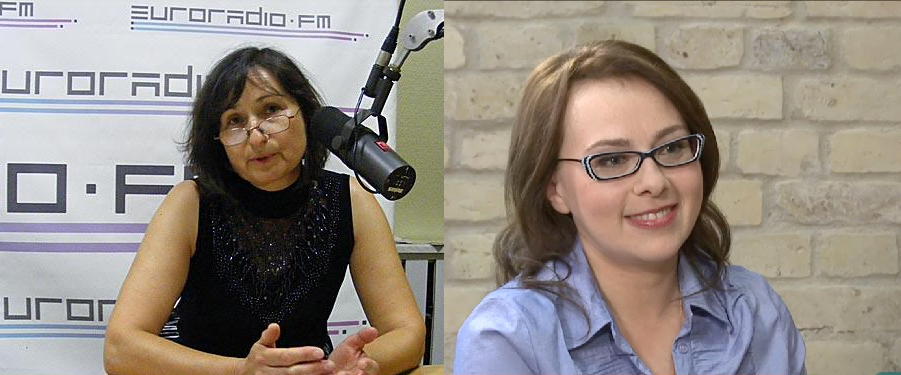Belarusian opposition introduced many new faces in public politics
 The situation has not changed
The situation has not changed

The 2016 Parliamentary campaign is likely to change the ‘face’ of the Belarusian opposition. Firstly, many new opposition activists, previously unknown to the media and voters, took part in the campaign. Secondly, the candidates who were active and organised lots of activities in their constituencies and participated in TV debates, have advocated practically for identical issues: to carry out peaceful change, restore social justice, reduce state intervention in the economy, pro-active participation in political life (eg participate in the elections rather than in protest activity).
Only 227 of the 488 parliamentary candidates participated in the electoral debates on the public television.
Some opposition candidates and some pro-governmental candidates have held vivid and ‘conventional’ campaigns in their constituencies. By ‘conventional’ we imply campaigns targeting voters, including through meetings with voters and pickets, not only in the party format, but also as independent and responsible political leaders, who aim to identify and address the local needs. Not all party nominees conducted such campaigns, many did not even want to appear on television, have not held a single meeting or a picket and disseminated leaflets on the last day only. That said, the vast majority of pro-governmental candidates decided against participation in televised debates and campaigning, except for “meetings with labour collectives”.
Regardless of the party affiliation, opposition candidates campaigned in two main ways, which poorly complemented each other. The first, was built around demobilisation paradigm, conventional for the opposition, implying the lack of real elections, immediate changes in domestic and foreign policy together with the change of the current authorities. The second, which was more popular, was based on mobilisation paradigm of a ‘peaceful change’, aiming for close contacts with the local electorate, attempts to focus on local issues as identified during meetings, evolutionary change through involving the electorate in the political process and elections in particular. Despite relatively modest financial capacities of the opposition during the current election campaign, candidates from the second group have become well-recognised, including Andrei Dmitriev (Tell the Truth), Tatyana Karatkevich (Tell the Truth), Olga Kovalkova (BCD) Marina Khomich (BCD), Ilya Dobrotvor (BPF), Ales Mikhalevich (BPF), Nicholai Ulasevich (UCP), Anna Kanius (BSDP), Igor Maslovsky (BSDP), Yuri Gubrevich (For Freedom), Victor Yanchurevich (For Freedom) and many others.
It is hard to say whether this trend will sustain and whether these opposition figures will have more influence on the democratic agenda, or whether they will become disappointed and radicalised. Meanwhile, none of the party leaders supported the protest action held by former presidential candidates Mikola Statkevich and Uladzimir Nyuaklyaeu on September 12th, 2016.
Subscribe to our newsletter




Situation in Belarus
Constitutional referendum: main consequences


 Video
Video
How to count the political prisoners: are the new criteria needed?


 Video
Video
Paternalism In Decline, Belarusian Euroscepticism, And The Influence Of Russia


 Video
Video












